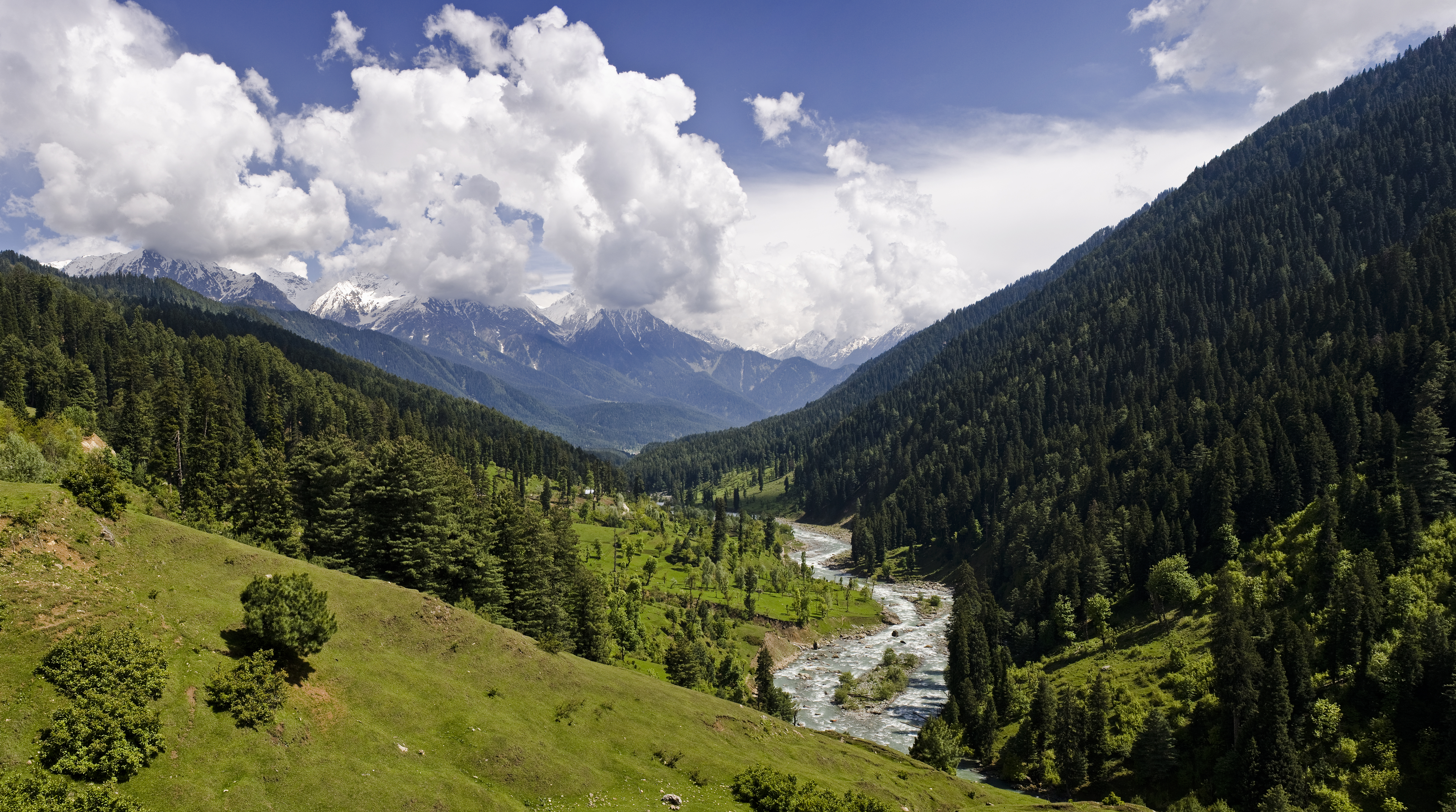
Elections in Jammu and Kashmir, scheduled for later this month, have attracted considerable attention due to the region's unique political and security challenges. Historically, the area has experienced a tumultuous relationship with the Indian government, leading to periodic disruptions in democratic processes. The presence of international observers is seen as a crucial element in ensuring a free and fair election, reflecting the region's ongoing efforts to stabilize and normalize its political environment.
The decision to invite foreign diplomats underscores the commitment of local authorities to uphold democratic principles amid widespread skepticism. Over the past few years, various international entities have expressed concern over the electoral integrity in the region, especially after the revocation of Article 370 in 2019, which stripped Jammu and Kashmir of its special status. This legislative change intensified debates surrounding the legitimacy of elections and governance in the area.
The electoral landscape in Jammu and Kashmir is characterized by a multitude of political parties, each representing diverse interests and constituencies. Major regional parties such as the Jammu and Kashmir National Conference and the Peoples Democratic Party are gearing up for the polls, while newer entities are also attempting to make their mark. The involvement of foreign diplomats is expected to amplify scrutiny on candidates and campaigns, potentially impacting voter turnout and engagement.
Security remains a top priority as the elections approach. The Indian government has ramped up measures to ensure a safe environment for voters and candidates alike. Enhanced security protocols include increased deployment of personnel, surveillance measures, and community outreach initiatives aimed at reassuring the public. These efforts are designed to mitigate any potential disruptions that could arise from separatist sentiments or violence.
Observers from various countries have expressed their intent to closely monitor the election process, focusing on aspects such as voter registration, campaigning, and polling day activities. Their assessments will contribute to a broader understanding of the electoral climate and may provide critical insights into the functioning of democracy in a sensitive geopolitical context.
This initiative also comes at a time when India is keen to project an image of democratic resilience on the global stage. By allowing foreign diplomats to partake in the electoral observation process, the government hopes to counter narratives questioning its commitment to democratic values. The engagement of the international community is viewed as an opportunity to strengthen diplomatic ties and promote a narrative of stability in the region.
Emerging trends indicate that voter sentiment in Jammu and Kashmir is shifting. Many young voters, disillusioned with traditional political narratives, are increasingly advocating for change. Social media platforms have become vital tools for political mobilization, enabling candidates to reach broader audiences and engage with constituents more directly. This digital landscape has transformed how campaigns are conducted, fostering a new generation of politically aware citizens eager to participate in the democratic process.
Moreover, the local administration has initiated several programs aimed at educating voters about the electoral process. Awareness campaigns are being conducted in multiple languages to ensure inclusivity and address the diverse demographics of the region. This proactive approach is designed to empower citizens, particularly women and youth, who have historically faced barriers to political participation.
As the election date approaches, all eyes will be on Jammu and Kashmir, not only from domestic observers but also from international stakeholders keen to assess the implications of these elections. The participation of foreign diplomats could potentially influence not only the electoral outcomes but also the broader political discourse surrounding governance in the region.
Additionally, the success of these elections may set a precedent for future democratic processes in Jammu and Kashmir. It is anticipated that positive feedback from international observers could bolster efforts to revitalize the political landscape and encourage further engagement with the global community. Conversely, any discrepancies or concerns raised by observers could provoke heightened scrutiny and debate around the governance model being implemented in the region.
The upcoming elections are not just a procedural exercise; they are emblematic of Jammu and Kashmir's quest for political legitimacy and stability. The involvement of foreign diplomats signifies a turning point, providing an opportunity for the region to showcase its commitment to democratic principles while addressing longstanding grievances.
